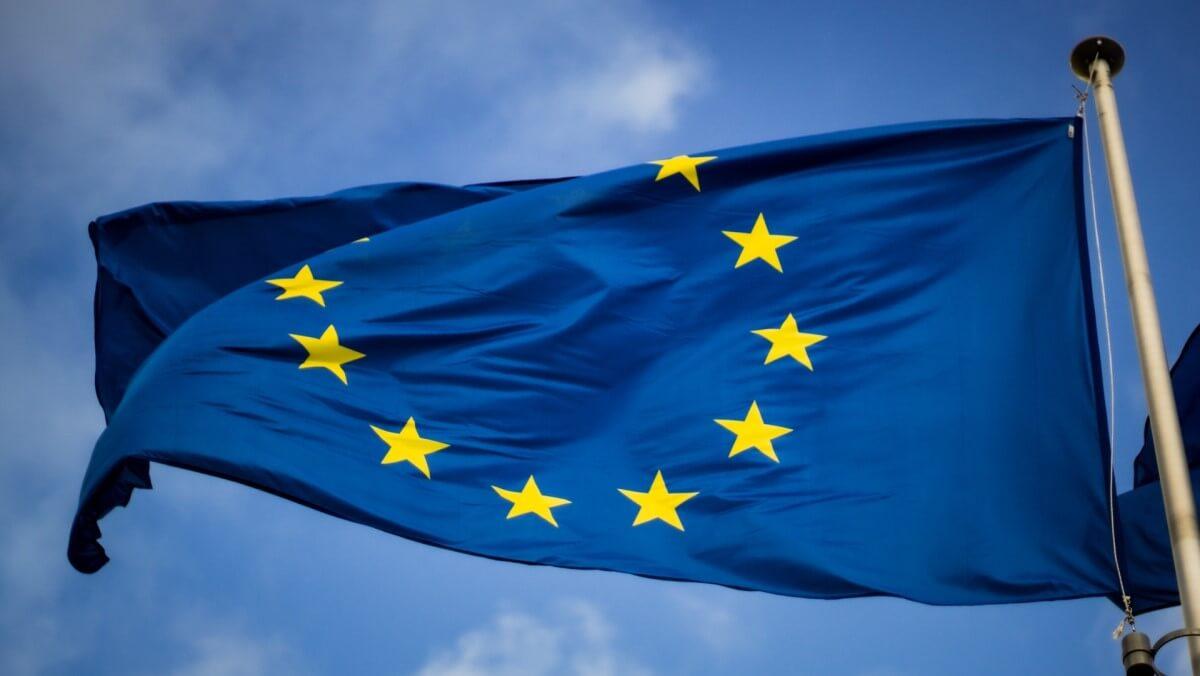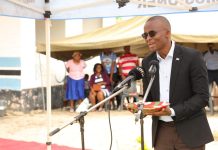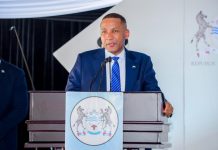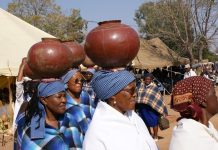Africa-Press – Botswana. The head of the Division for Pan-African Affairs at the European External Action Service yesterday defended a multidimensional action against terrorism in Cabo Delgado, northern Mozambique, because violent extremism cannot be defeated only at the military level.
“Terror is not only conquered with soldiers and weapons, we must win peace and in parallel with support for security. We work closely with the Mozambican government on social and economic development, humanitarian assistance, Education, Nutrition, water supply and mitigating the impact of climate change,” said Nicola Bellomo.
Bellomo was speaking on the topic “Fighting Terrorism in Sub-Saharan Africa”, within the scope of the 42nd Session of the ACP-EU Joint Parliamentary Assembly, which takes place in Maputo.
“While security measures remain critical to containing the terrorist threat, it has become evident that there is no amount of force that will fundamentally change the landscape of terrorism in Africa,” he said.
The success of the fight against terrorism, he continued, involves removing the causes used by violent extremism to expand its activities on the African continent. In this sense, he defended the protection of youth against the risk of radicalization and recruitment by armed groups.
Nicolas Bellomo also pointed to good governance, respect for human rights and community integration policies as essential in the fight against terrorism.
Bellomo emphasized that radicalism requires international cooperation, given the mobility of terrorist cells and the transnational nature of their funding.
One of the successful examples in the fight against extremism, he continued, is the cooperation between Mozambican, Rwandan and Southern African Development Community (SADC) government forces in Cabo Delgado.
This coordination allowed Mozambique to register one of the greatest reductions in deaths caused by the action of armed groups in the world, he added.
Cabo Delgado province has been terrorized by armed violence since 2017, with some attacks claimed by the Islamic State extremist group.
The insurgency led to a military response with support from Rwanda and SADC, freeing districts next to the gas projects, but new waves of attacks emerged in the south of the region and in neighboring Nampula province.
For More News And Analysis About Botswana Follow Africa-Press






